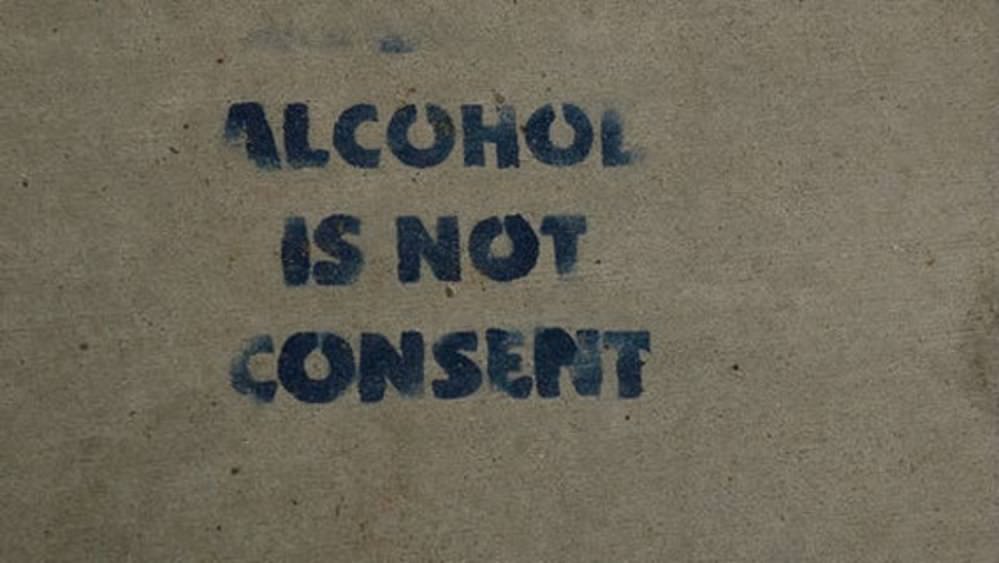When one begins to ponder upon the recent developments in the Indian Judicial scene one cannot seem to miss the recent judgement in the case of Anand P. Chanar vs. The State of Maharashtra, a revolutionary case in which the Bombay High Court held that “a woman when intoxicated, is incapable of giving a free and conscious consent to a sexual relationship”
As a rational citizen, I believe that this judgement is equally as prudent and valid since it upholds the principles of the Indian Penal Code while being in consonance with the Fifth Circumstance under Section 375 of the same which states that it will amount to rape when “With her consent, when, at the time of giving such consent, by reason of unsoundness of mind or intoxication or the administration by him personally or through another of any stupefying or unwholesome substance, she is unable to understand the nature and consequences of that to which she gives consent.”

While there are a few radicle opposers to this judgement, their redundant rebuttals with regards to rape being reduced to a mere “sexual act” once the consent is obtained is invalidated when one takes into consideration the instance of intoxication.
Intoxication, which has been proven to hamper cognitive functioning cannot simultaneously enable an individual under its influence to provide consent which is “free and unambiguous”. Free and unambiguous consent was one of the many prerequisites that the high court believed was lacking within the ambit of the pertinent case. One should also not hold back in taking into consideration the possibility of drinks being spiked and also the post rape conditions of the aggrieved party.
Thus with every other condition pertinent to the case, the judgement of the honourable high court stands constitutionally augmented and validated.
The article was submitted by Kainat Singh(Ist year)